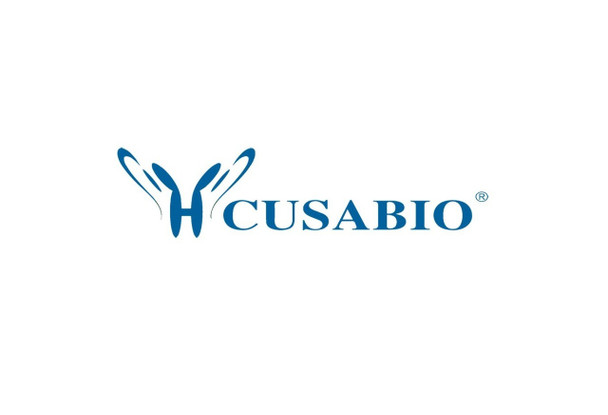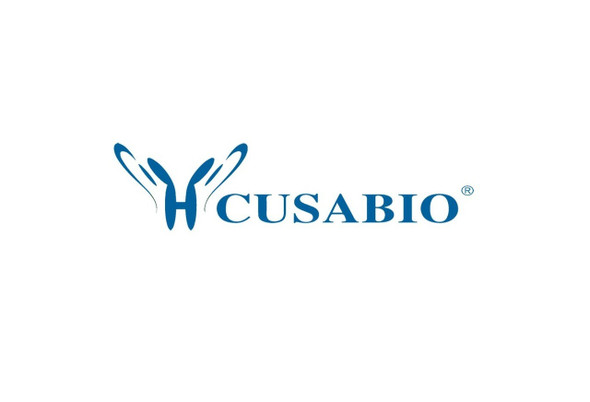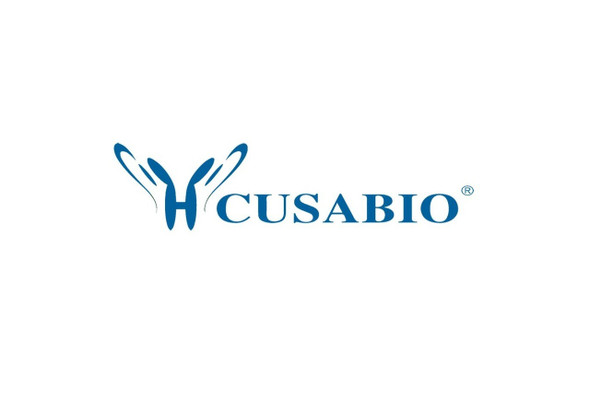Cusabio Polyclonal Antibodies
ASCC2 Antibody | CSB-PA548485
- SKU:
- CSB-PA548485
- Availability:
- 3 to 7 Working Days
Description
ASCC2 Antibody | CSB-PA548485 | Cusabio
ASCC2 Antibody is Available at Gentaur Genprice with the fastest delivery.
Online Order Payment is possible or send quotation to info@gentaur.com.
Product Type: Polyclonal Antibody
Target Names: ASCC2
Aliases: activating signal cointegrator 1 complex subunit 2
Background: ASCC2 (activating signal cointegrator 1 complex subunit 2), also known as ASC1P100, is a 757 amino acid protein that is ubiquitously expressed and contains one CUE domain. The gene encoding ASCC2 maps to human chromosome 22, which houses over 500 genes and is the second smallest human chromosome. Mutations in several of the genes that map to chromosome 22 are involved in the development of Phelan-McDermid syndrome, Neurofibromatosis type 2, autism and schizophrenia. Additionally, translocations between chromosomes 9 and 22 may lead to the formation of the Philadelphia Chromosome and the subsequent production of the novel fusion protein BCR-Abl, a potent cell proliferation activator found in several types of leukemias.
Isotype: IgG
Conjugate: Non-conjugated
Clonality: Polyclonal
Uniport ID: Q9H1I8
Host Species: Rabbit
Species Reactivity: Human, Mouse
Immunogen: Synthetic peptide of human ASCC2
Immunogen Species: Human
Applications: ELISA, WB
Tested Applications: ELISA, WB;ELISA:1:2000-1:5000, WB:1:500-1:2000
Purification Method: Antigen affinity purification
Dilution Ratio1: ELISA:1:2000-1:5000
Dilution Ratio2: WB:1:500-1:2000
Dilution Ratio3:
Dilution Ratio4:
Dilution Ratio5:
Dilution Ratio6:
Buffer: -20°C, pH7.4 PBS, 0.05% NaN3, 40% Glycerol
Form: Liquid
Storage: Upon receipt, store at -20°C or -80°C. Avoid repeated freeze.
Initial Research Areas: Signal Transduction
Research Areas: Signal transduction









